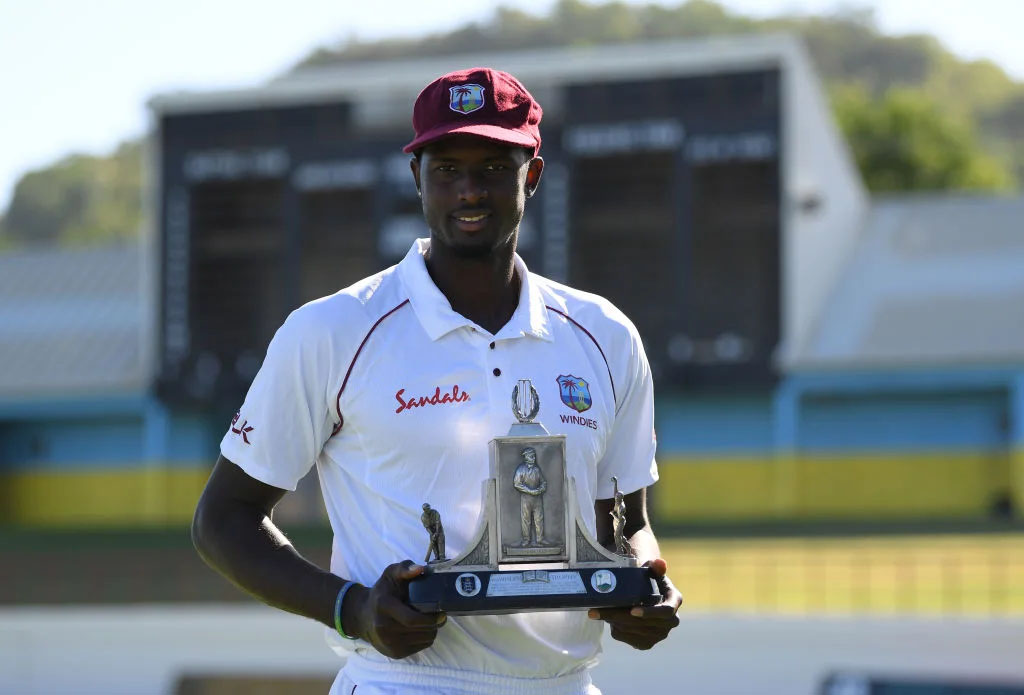The upcoming test series between West Indies and England is set to be an interesting battle for a number of reasons. For starters, the series holds plenty of intrigue since it will mark the return of international cricket which had been suspended due to the COVID-19 pandemic.
Jason Holder and his troops departed the region a few days ago and will spend the next several weeks in bio secure facilities where they will take on the host in three test matches starting July 8 at the Ageas Bowl.
Without a ball being delivered, the series sparked some controversy after high profile players Darren Bravo and Guyanese duo Shimron Hetmyer and Keemo Paul opted out of the tour reportedly because of the COVID – 19 situation in the UK.
However, Steve Elworthy, the ECB’s director of events, believes that enough has been done to safeguard against any threat of players or officials getting infected.
To justify his point, Elworthy highlighted the thought process behind choosing the Ageas Bowl and Emirates Old Trafford to host the three games. Both venues feature on-site hotels – which would limit interactions with persons outside of the ‘bubble’ thereby giving measured assurances of safety in “bio-secure” environments.
“The way we have structured the ‘bubble’ is that it can operate under the most extreme circumstances,” said Elworthy according to ESPN.
“All of our planning has been based on the worst-case scenario, from an infection and a rate-spike point of view. So, external factors should not affect that because, if you are secure within the venue, and you don’t break the confines of that venue, then your game should be able to go ahead with no problems at all,” the English official added.
Then there’s the ICC and its recent decision to ban the use of saliva to shine the cricket ball during the ongoing pandemic. It is assumed that the interim decisions which were recommended by the ICC Chief Executives’ Committee (CEC), will act as a mitigating measure to the risks posed by the COVID-19 virus and protect the safety of players and match officials when cricket resumes. But with players and officials being tested and confined to a facility for two weeks prior, I’m not sure there is much practicality in the new measure.
“Players will not be permitted to use saliva to shine the ball. If a player does apply saliva to the ball, the umpires will manage the situation with some leniency during an initial period of adjustment for the players, but subsequent instances will result in the team receiving a warning,” ICC said via a media release.
“A team can be issued up to two warnings per innings but repeated use of saliva on the ball will result in a 5-run penalty to the batting side. Whenever saliva is applied to the ball, the umpires will be instructed to clean the ball before play recommences.”
The body also decided on a number of other measures including temporarily allowing home umpires and match officials to officiate while teams will be allowed to replace players displaying symptoms of COVID-19 during a Test match. In line with concussion replacements, the Match Referee will approve the nearest like-for-like replacement.
The regulations for COVID-19 replacements will not be applicable in ODIs and T20s.
It will be a lot to take on.





